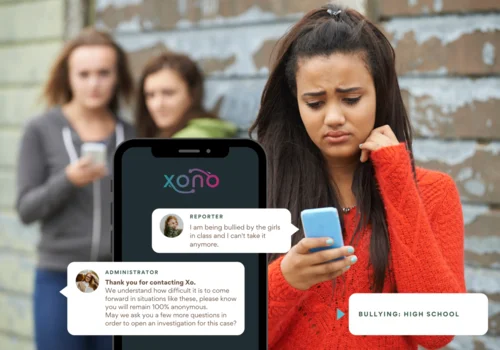What is whistleblowing in schools?
Higher education has become a lucrative business for thousands of colleges and
universities across the country. Most of these institutes rely on the $150 billion they
receive in federally backed student loans and grants to stay in business, so they can
keep driving up enrollment prices without worrying about attendance.
However, many schools still turn to fraud to increase their bottom line.
Anti‐kickback laws are violated by illegally paying recruiters commissions, students
grades are inflated to qualify for more grant money, and accreditation standards are
failed to comply with in order to save on expenses
These education scams leave the future graduates with lackluster career
prospects and overwhelming debt.
It’s easy for schools to relegate the issue of having and implementing a
whistleblower system to the bottom of their daily ‘to-do’ lists. A robust whistleblower
policy is however an important part of managing a school’s Student Duty of Care,
Workplace Health and Safety and School Governance requirements.
Whistleblowing should not be seen by schools as threatening or complex, but as a process
which encourages compliance amongst staff and also works to protect students, school
executives and governors..
